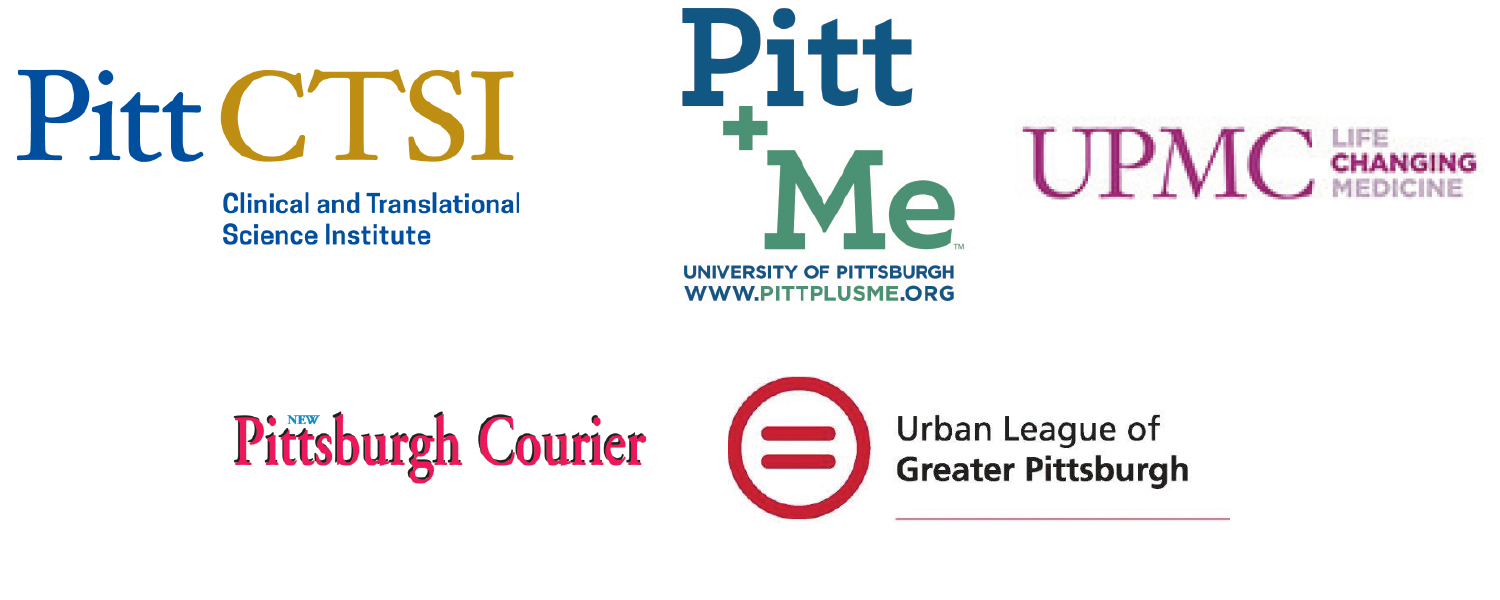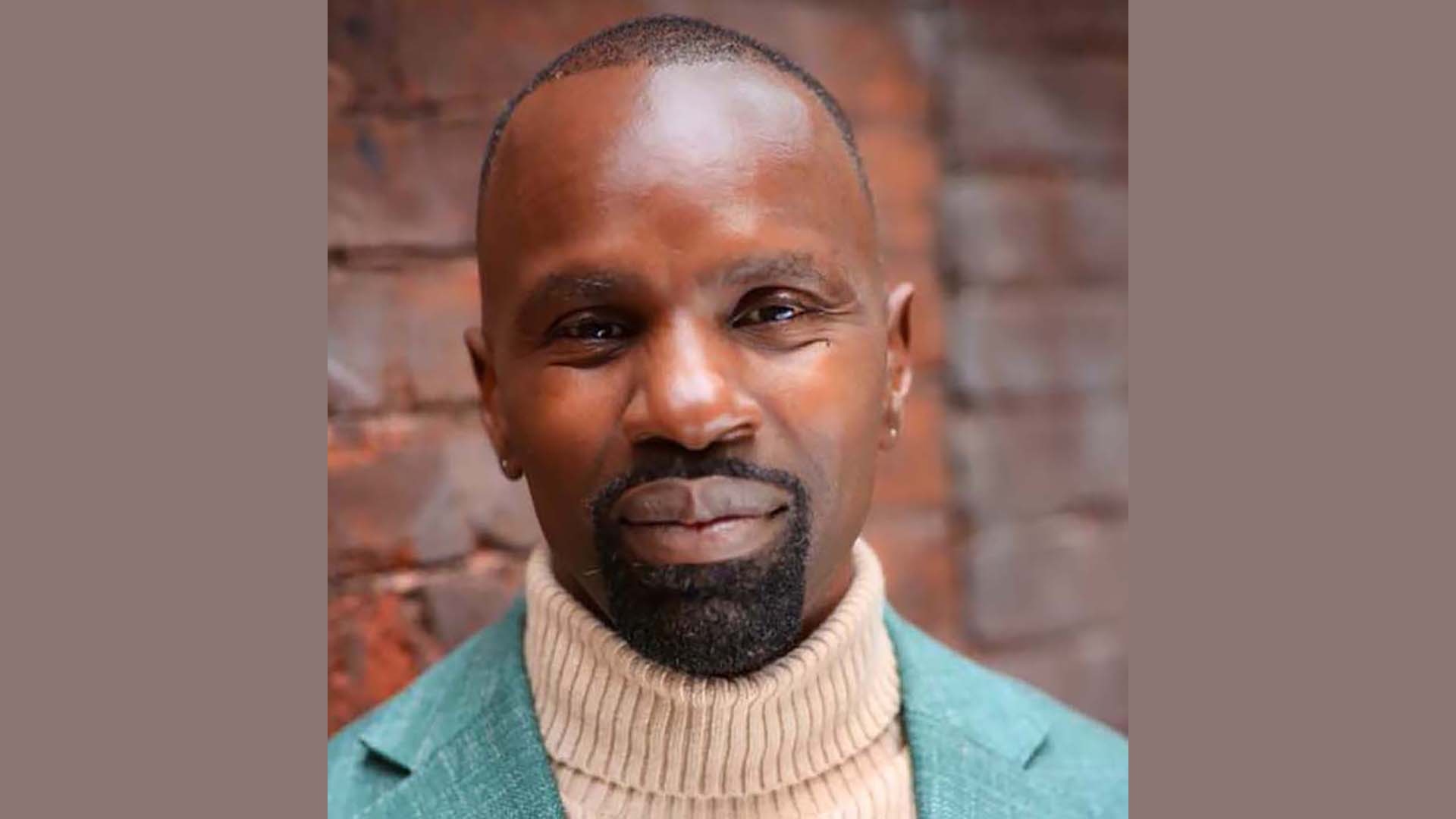CARLOS CARTER
A fundamental human right is easy and affordable access to good healthcare. Yet many people who live in underserved neighborhoods face healthcare barriers. They include a lack of neighborhood clinics and healthcare providers, healthcare cost/insurance coverage issues, and transportation challenges. Equal access to healthcare is important because it reduces preventable diseases, improves health outcomes, and creates stronger neighborhoods.
Fortunately, there’s community-based support to breaking down these barriers. Carlos T. Carter, President & CEO of the Urban League of Greater Pittsburgh, highlights the UL’s role in helping people get the good care they need — and deserve.
Q: Carlos, thanks for checking in with us. What kinds of programs does the Urban League offer that help people focus on improving their health?
Carlos T. Carter: We provide a variety of programs aimed at enhancing health and well-being in the community. Our Family Support Centers nurture children, strengthen families, and contribute to building resilient communities.
We also offer programs focused on self-improvement, such as our Urban Tech Jobs program, which features 16 weeks of hybrid (virtual and in-person) evening classes. These classes provide prospective students with opportunities for economic advancement that are closely linked to better health outcomes.
By integrating education, access to resources, and community support, the Urban League is committed to fostering a healthier and more equitable community for all.
Q: That sounds like a comprehensive approach! There’s a well-deserved mistrust of the healthcare system in the Black community. How does the Urban League help people make connections with and navigate within our region’s healthcare system?
Carlos T. Carter: We do it through our Family Support Centers. The centers serve as a bridge that connects families to essential services and community health clinics that provide quality care.
We also assist with social services like transportation to medical appointments, which is one of the key barriers to equitable healthcare access. By combining education, direct support, and community resources, the Urban League is committed to building trust and improving health outcomes for our community members.


